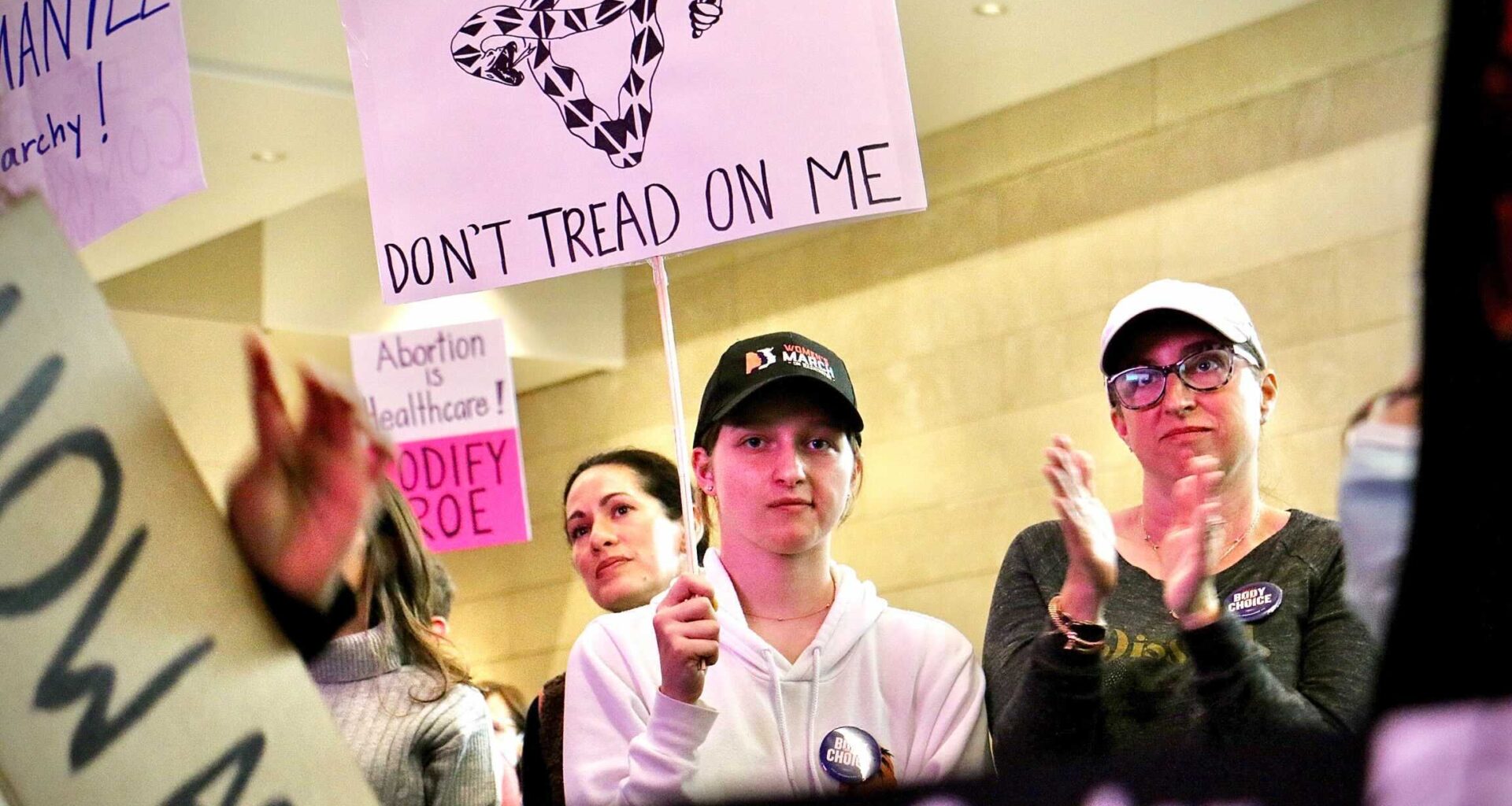The Pennsylvania Supreme Court
Maria Gallagher, executive director of Pennsylvania Pro-Life Federation, said she has “hope that eventually the situation in Pennsylvania will change” its political leadership and “when that day comes, it will be important to have a state Supreme Court that won’t overrule legislative efforts to restrict abortion.”
Democrats currently hold a 5-to-2 majority on the court, which has already effectively ruled that abortion access is a right under the state constitution.
In that case, Allegheny Reproductive Health v. Pennsylvania Department of Human Services, the court ruled that the state’s ban on Medicaid funding for most abortions likely violates the Pennsylvania Constitution’s Equal Rights Amendment. The justices said denying coverage for abortion while funding other medical procedures for men and women alike amounts to unequal treatment “because of sex” under the state constitution.
Greer Donley, a law professor at the University of Pittsburgh, explained that although the majority didn’t declare a fundamental right to abortion, their ruling “provides a really, really high standard that the state is going to have to meet anytime it wants to justify abortion restrictions.”
That decision was written by one of the justices up for reelection this year, Justice Christine Donahue.
Donahue and two other justices, David Wecht and Kevin Dougherty, are up for retention votes in which voters simply choose whether they stay on the court for another 10-year term. Should voters choose to remove the three justices, that would be enough to stymie the court from shooting down an abortion ban or, for that matter, any other abortion restrictions.
“Pennsylvania has a lot of abortion regulations on the books right now that many people might be surprised by and uncomfortable with,” Donley said. “The ruling that they made in that Allegheny case provides a really great standard for litigators to potentially come in and challenge a lot of those rules as unconstitutional rules, for instance, that require a 24-hour waiting period, that force minors to get a court to approve their abortion when they can’t get their parents to consent and things like that.”
So what are the chances of all that happening?
The hurdles for anti-abortion activists are significant. The first, and probably most challenging test is unseating three sitting justices from the Supreme Court. That would be an unprecedented feat. In the history of Pennsylvania, only one justice has ever lost a retention vote.
However, also unprecedented is the amount of money and attention focused on the election this year, a level of interest that could be indicative of the high hopes Republicans appear to have and reflective of a national strategy targeting courts.
Democrats have not sat idly by, however, and even the Democratic National Convention, in another unprecedented move, has gotten involved to the tune of hundreds of thousands of dollars spent on ads and other campaign tactics.
“We’re not going to roll over on this,” DNC Chair Ken Martin said. “The DNC is all hands on deck.”
According to the latest polling, the anti-retention efforts have the higher hill to climb. A Franklin and Marshall College poll shows the justices with leads between 10 and 17 percentage points among likely voters.
The legislature may be more within striking distance. Out of 25 state Senate districts where elections will be held next year, 13 of them are held by Democrats and 12 are held by Republicans. Control over that body, therefore, is not very likely to change next year, leaving it within GOP hands.
While Democrats hold a majority in the state House of Representatives, it’s by a much slimmer margin, 102 to 101. There are likely to be two or three dozen competitive races, some of which are currently held by Democrats and could be picked up by Republicans.
That leaves the executive branch. Shapiro is very popular in the state. The latest Quinnipiac University poll gives him an approval rating of 60%. However, the Franklin & Marshall College poll muddies the data, as it states that 51% of all voters surveyed believe Shapiro is doing an “excellent” or “good” job, while 40% said he’s doing either a “fair” or “poor” job.
While Shapiro sees favorable polling numbers, Garrity is also very popular. Garrity won reelection last year with nearly 3.5 million votes, a record for any office in Pennsylvania election history. But the Quinnipiac poll released earlier this month said she would lose to Shapiro, 39% to 55%.
“I think Shapiro has a good chance of being reelected, but when that term ends, then you’re looking at the possibility of a Republican becoming governor,” Kincaid said. “Everybody’s thinking about this in the long term, not the short term. So if the legislature and the governorship flip over to the Republicans, the Democrats are seeing the state Supreme Court as their last bastion of defense.”

